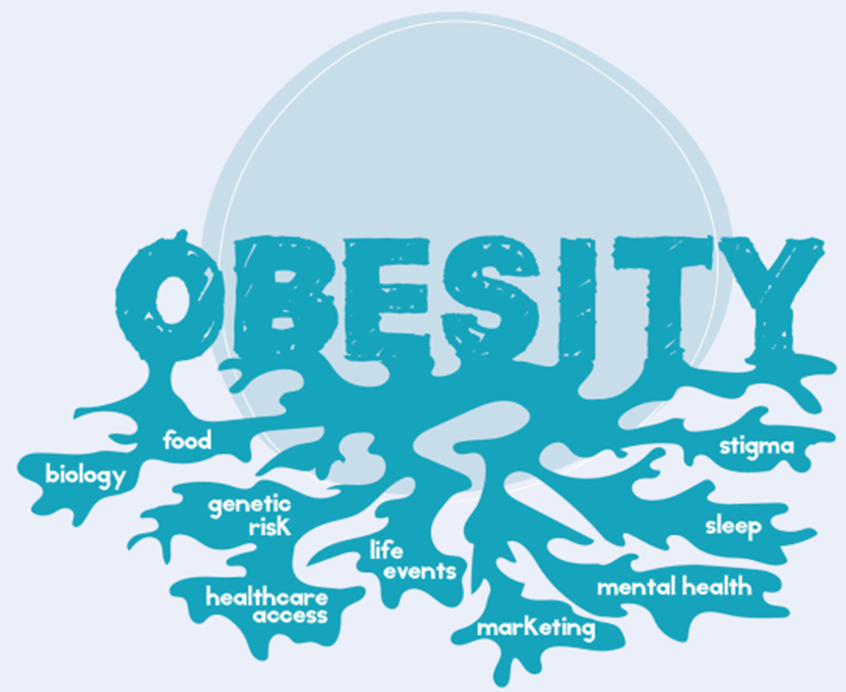Obesity is a complex medical condition that requires comprehensive, evidence-based management. Effective treatment combines personalised strategies designed to improve long-term health outcomes and overall quality of life.
Management of Obesity
Understanding Obesity
Obesity reflects excess adiposity that can impair health. Beyond BMI, modern assessment considers waist measures, body composition, complications and functional impact.
• Clinical obesity: objective signs of organ dysfunction or limitations in daily activities due to excess body fat.
• Pre‑clinical obesity: excess body fat without current organ dysfunction or functional limitation.
Pragmatic diagnostic thresholds (White Caucasian adults; different cut‑offs may apply in other ethnicities):
• Waist circumference: ≥102 cm (men), ≥88 cm (women)
• Waist‑to‑hip ratio: >0.90 (men), >0.85 (women)
• Waist‑to‑height ratio: >0.50 (all)
• BMI: excess body fat can be assumed if BMI >40 kg/m²

Assessment and Diagnosis
We perform a holistic evaluation covering medical history, diet and behaviour, physical examination, anthropometry and metabolic profiling. This comprehensive view informs a tailored plan.
Treatment Approach
Our management plan may include dietary modification, pharmacotherapy, physical activity programmes, and, where appropriate, surgical interventions. The goal is to improve health outcomes and quality of life, not just reduce weight.
Each treatment plan is customised and may include:
• Dietetic advice and behavioural support
• Structured physical activity programmes
• Pharmacotherapy when indicated
• Bariatric/metabolic surgery for eligible patients
• Long‑term follow‑up with micronutrient monitoring and relapse prevention
Why Dr. Spyros Panagiotopoulos?
Mr. Spyros Panagiotopoulos is a leading Consultant in General and Metabolic/Bariatric Surgery at King’s College Hospital in London. His international expertise and research in obesity and metabolic disorders allow him to offer patients a highly specialised and empathetic approach. He ensures each patient receives comprehensive care through multidisciplinary collaboration, precision diagnosis, and safe, evidence-based treatment.
